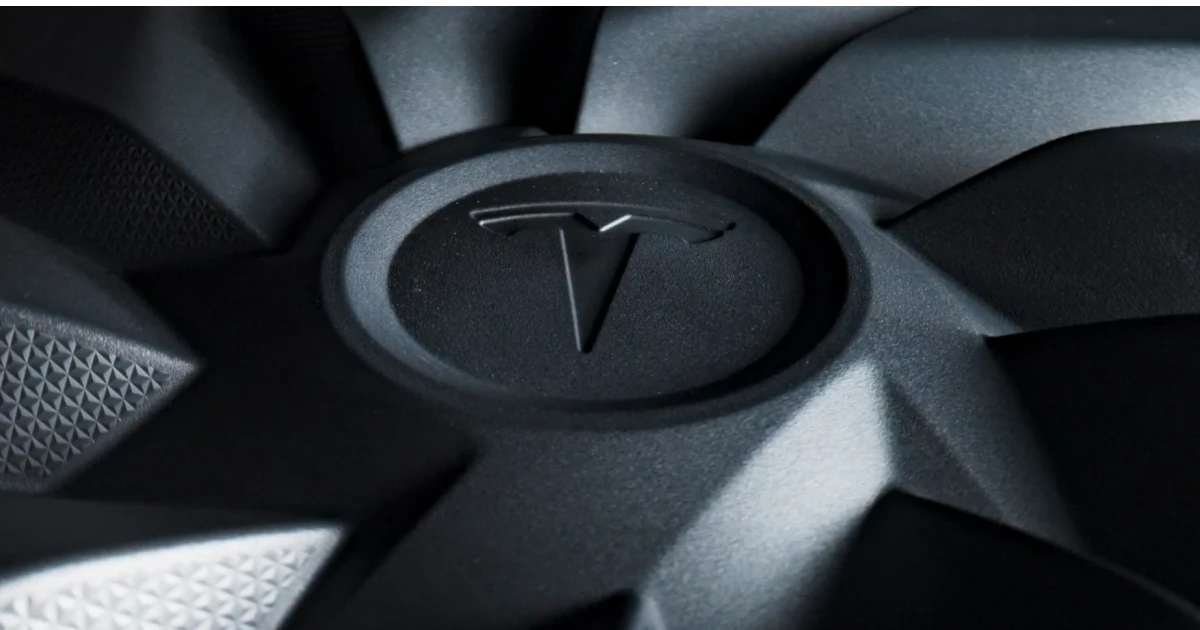Both awards were issued under the U.S. Air Force Research Laboratory’s Rocket Experimentation for Global Agile Logistics (REGAL) program. While Blue Origin declined to comment, an Anduril spokesperson referred inquiries to AFRL.
REGAL serves as the experimental branch of AFRL’s broader Rocket Cargo initiative, which centers on “delivery as a service” through orbital transport. The Air Force intends to acquire these capabilities using service-based contracts, much like the Department of Defense does with commercial airlines. The program’s ultimate goal is to validate reusable rockets, reentry systems, and orbital cargo transport solutions capable of delivering supplies to remote or hard-to-reach areas in under an hour.
Although little has been disclosed about REGAL’s overall scope or timeline, the underlying requests for proposals offer some noteworthy details.
Blue Origin’s contract, according to the limited award notice, focuses on analyzing how its technology could enable “point-to-point material transportation.” The work is set to take place in Merritt Island, Florida — the company’s Space Coast hub, where it is also developing the heavy-lift New Glenn rocket.
Anduril’s award, also under REGAL, is a design study contract granted through a separate call for proposals titled “Payload Reentry from Space Development and Demonstrations.”
Stripped of technical jargon, Anduril’s proposal suggests the company will explore developing a reentry container capable of carrying five to ten tons of payload to and from Earth. According to the listing on SAM.gov, the container must be compatible with multiple rockets and include a proposed thermal protection system. The so-called “payload container” should also integrate various government-specified payloads and operate across different platforms.
Reentry remains one of spaceflight’s toughest challenges. Designing materials that can withstand the heat of reentry while protecting cargo is notoriously difficult. A few companies, such as Varda Space Industries with its manufacturing capsules and SpaceX with its Dragon spacecraft, have demonstrated the capability, but overall, the number of proven vendors remains small.
The Anduril and Blue Origin awards, not previously reported, follow Rocket Lab’s own REGAL contract announced earlier this year. Unlike these new awards, Rocket Lab’s contract explicitly includes a flight demonstration, though AFRL has released no additional details, including the value of the award.
If rocket cargo services succeed, the Pentagon envisions procuring “delivery as a service,” where heavy commercial rockets carry large payloads into orbit and return them in capsules for rapid offloading. In the long run, AFRL has suggested the program could even extend to point-to-point human transportation, reported Reuters.















